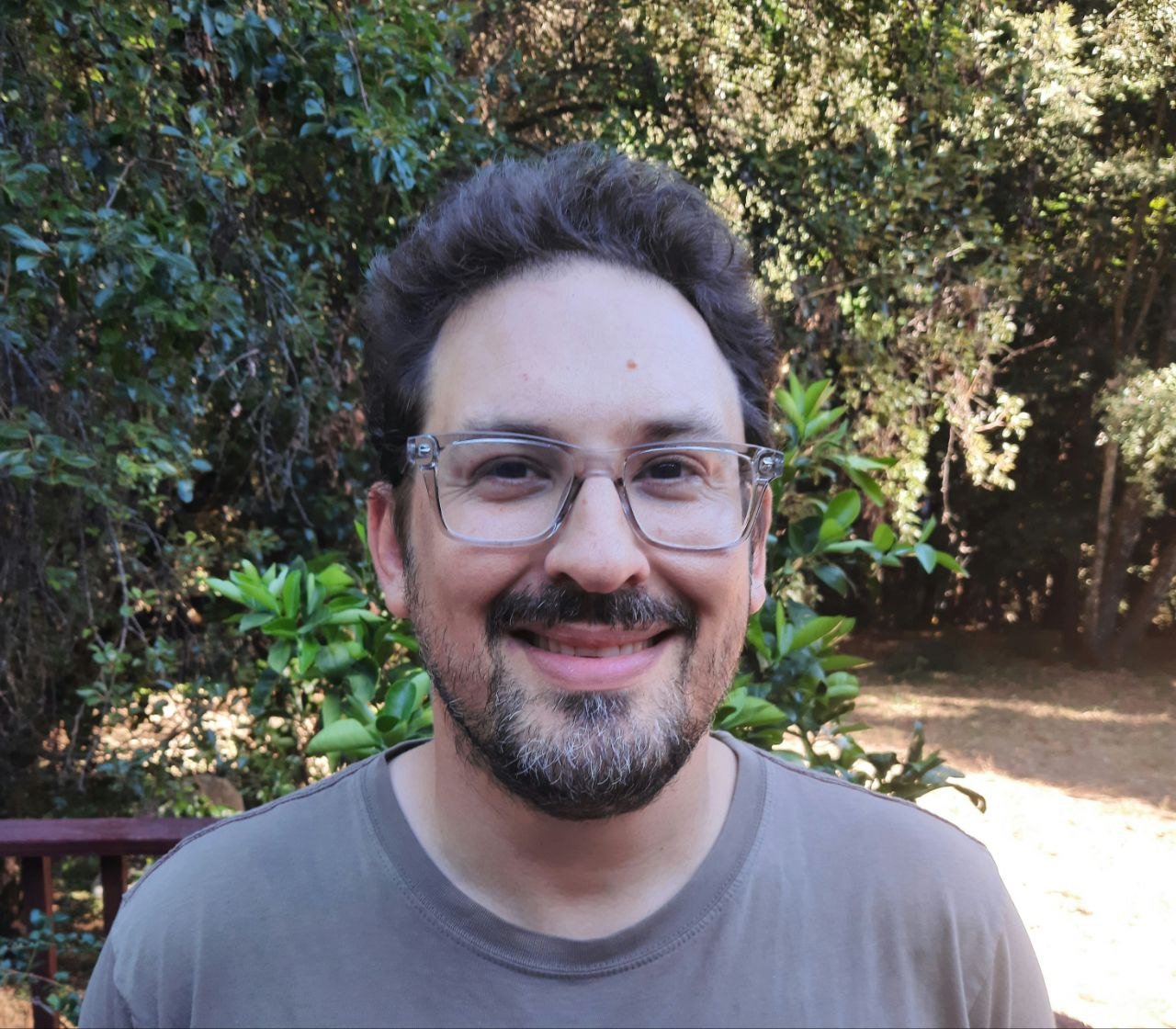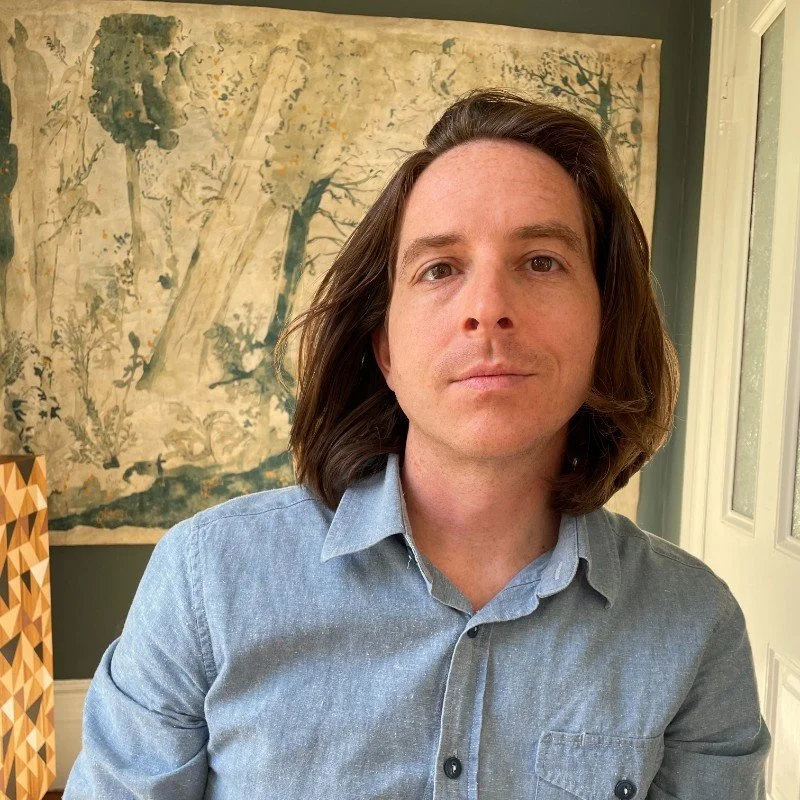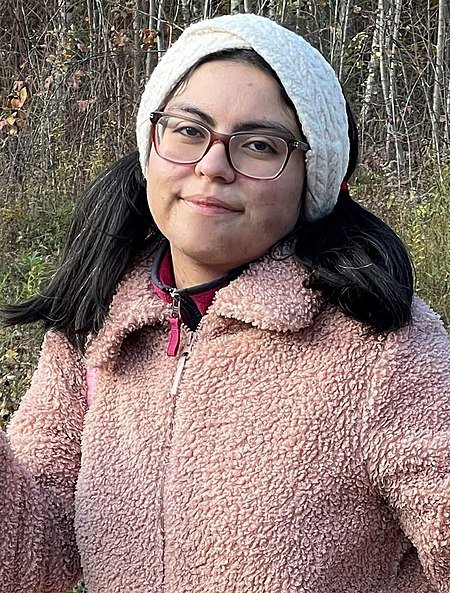World-class Wikipedia Consultants
Led by Jake Orlowitz
Jake Orlowitz (User:Ocaasi) founded The Wikipedia Library (TWL) and ran it from 2011-2019. By the time he left the program at the Wikimedia Foundation, TWL had a half-million dollar budget and 6-person team on 4 continents. Through The Wikipedia Library, Jake developed partnerships with 70 leading scholarly publishers to provide free access to 100,000 scholarly journals and reference texts. All editors with 6 month old accounts and 500 edits now have access to those sources through the Wikipedia Library Card Platform.
Jake created the viral #1Lib1Ref (and #1Bib1Ref) citation campaigns, which now add 20 thousand new references each year from librarians around the world to Wikipedia. He started the Wikipedia Visiting Scholar program, the Books & Bytes newsletter, the Wikimedia + Libraries Facebook group, the Wikimedia and Libraries Usergroup, and the @WikiLibrary social media account.
Jake negotiated the collaboration with Turnitin to fix copyright violations on Wikipedia, started collaboration with Internet Archive to rescue 22 million dead citation links, integrated OCLC ISBN citation data into Wikipedia's reference autogeneration interface Citoid, and began the project to add Citoid to Wikidata. He developed the OAbot web app, and is a founding member of the Open Scholarship Initiative where he co-wrote "Information Overload" and "Institutional Repositories". He co-released a dataset of Wikipedia's most cited sources and the proportion of free-to-read sources on Wikipedia.
Jake created The Wikipedia Adventure interactive guided tutorial and facilitated the first-ever for-credit Wikipedia editing course at Stanford Medical School. He is an English Wikipedia Administrator. 2-time Wikimedia Foundation grantee, former Individual Engagement Grants Committee member, founding board member of Wiki Project Med Foundation, former Organizing Committee member for Wikicite, Linked Data 4 Libraries Program Committee member, and founder of the Wikimedia Foundation's Knowledge Integrity Program.
Jake has presented about Wikipedia, citations, and reliability at six Wikimania's, Stanford University, Internet Librarian, the American Library Association, Coalition for Networked Information, Digital Library Federation, OpenCon, OCLC, and IFLA and convened academic library leaders in first ever Wikipedia and ARL Summit.
He is a primary author of "The Plain and Simple Conflict of Interest Guide", "Conflict of Interest editing on Wikipedia", "Librarypedia: The future of Libraries, and Wikipedia", "The New Media Coalition Horizon Report for Libraries" from 2014-2017, "The Wikipedia Adventure: Field Evaluation", the Wikipedia and IFLA White Paper, "Writing an open access encyclopedia in a closed access world", ALA's "The Wikipedia Library: The world's largest encyclopedia needs a digital library, and we are building it", "You're a researcher without a library: what do you do?", the Wikipedia "Research Help" portal, "Why Medical Schools Should Embrace Wikipedia", OSI reports on Information Overload and on Institutional Repositories, "The First 50 Mistakes of a Wikipedian", "The Crowdsourcing Fallacy", and the MIT Press Wikipedia @20 chapter "How Wikipedia Drove Professors Crazy, Made Me Sane, and Almost Saved the Internet."
He has been interviewed by California Institute of Integral Studies on "Inside Wikipedia", Publishers Weekly in "Discovery Happens Here", Tow Journalism School for "Public Record Under Threat", and was featured in the documentary "Paywall: The Business of Scholarship."
Since starting open knowledge Wikipedia consulting agency WikiBlueprint, Jake has been featured with Jimmy Wales on NPR's TED Radio Hour "The Public Commons". He hosted the Whose Knowledge? Decolonizing the Internet's Languages Podcast. For the WayBack Machine, he helped change Wikimedia's Global Bot Policy to gain InternetArchiveBot Global Approval for expansion to over 300 language wikis. Jake oversaw the Anti-Defamation League's Wikipedia Election Democracy Project and led the rebrand from Open Access Button to OA.Works.
He supervised two Wikipedians in Residence at Annual Reviews, advised Harvard University on their Wikipedia Engagement, worked with the Linux Foundation to draft a key article on computer science, and taught the Wikipedian in Residence at Milton Public Library. Jake led impact and fundraising for Wiki Project Med Foundation, coordinated the Vaccine Safety WikiProject for Hacks/Hackers, and recruited and trained the Wikipedian in Residence for Pérez Art Museum Miami.
Jake oversaw the Wikipedian in Residence for Latino Culture and Community at Equis, launched Internet-In-A-Box into the Wikimedia Foundation store (and got it featured on BoingBoing), and appeared in the new book "Verified: How to Think Straight, Get Duped Less, and Make Better Decisions about What to Believe Online." He is the Vice Chair of the Smithsonian's working group for the Biodiversity Heritage Library and oversaw their Wikipedian in Residence program. He is also a member of the WikiConference North America Program Committee, and built the Citation Watchlist.
Jake is the author of two collections on mental health, Welcome to the Circle, and Welcome Back to the Circle. His forthcoming memoir is called You're Only as Sick as Your Secrets. He lives in Santa Cruz, CA with his wife, two kids, and two cats.
Jake works closely with your team and brings on trusted experts to meet the precise needs of your project and organization.
As Wikipedia maven Jake Orlowitz notes, it’s no big deal to say “I changed Wikipedia.” The real mark of achievement is “being able to say I made an edit to Wikipedia—and it stuck.”
by Mike Caulfield and Sam Wineburg, University of Chicago Press
Jake explains NEUTRALITY
Jake explains IMPACT
Jake explains KNOWLEDGE GAPS
Jake explains COMMUNITY
Jake explains NOTABILITY
Jake explains CONFLICT OF INTEREST
"Jake was able to teach me about editor norms and culture, as well as how to successfully engage with them. This resulted in my research institute's page being successfully updated with news and sources. Jake's strong ethical standards and deep understanding of Wikipedia processes has proven invaluable to me and my organization."
Seth Kroll
SciCom Professional
"Since we started our program it has proven to be endlessly inspiring. Navigating the ins and outs of Wikipedia and finding the right person was made possible by Jake Orlowitz. Every museum should consider starting a Wikipedian-in-Residence program, and if you do, you should start by reaching out to Jake at WikiBlueprint."
Jay Mollica
Pérez Art Museum Miami
"Jake greatly enhanced my experience at Milton Public Library. He supported me with training on editorial processes, policies, and accessing resources. He went above and beyond towards my own career development, encouraging the value I bring to my workplace. Thanks to Jake, I developed more confidence in myself as a professional."
Emily Carrasco-Acosta
Wikipedian in Residence
Question?
-
We can absolutely customize a part-time or short-term contract that still accomplishes your goals.
We’ve worked on projects that lasted just one month and involved no hiring at all. Or you can find someone who really fits in your organization and keep them for years.
It’s up to you, your needs, and your budget.
-
We can work small, start small, pilot, and do one-off jobs. We like this work, and we often find the best way to get started is with a small set of image uploads, or a few editathons, or some quality staff trainings.
If you like it, you can aim bigger. And if you already know what your goal is, we can aim high right from the start.
-
We love turning curious (but maybe nervous) people into deeply knowledgeable, confident editors. Our experts have trained hundreds of people and created leading community tutorials that informed thousands more.
We have a syllabus to start absolutely from scratch and become proficient within 6 weeks. We can work on sustained training to develop expert capacity. We can upskill Wikipedians in Residence, too, because there’s always more to learn.
Editing Wikipedia is a great, stimulating challenge—hard fun, and we will hold your hand through ever step, and every edit.
-
Working on the margins of knowledge, with groups who have been silenced and oppressed, is hard and sensitive. We make equity a component of every project, if possible, because in the long run we are missing people and their stories from our shared encyclopedia.
In every residency we do, the first step is a full qualitative and statistical assessment of what articles already exist in your topic area, as well as the breakdown by gender, race, geography, and other sociocultural characteristics. Then, while we prioritize high-impact content, we focus on adding biographies of indigenous women artists and women scientists of color, and LGBTQ+ writers and academics.
-
We’re an English-first but not English-only shop. The main reason for that is despite their being 300 language versions of Wikipedia, 50% of all traffic goes to the English one.
That said, we can and do hire custom fit language specialists. So if you’re a museum in Miami, we can get you a bilingual Wikipedian in Residence, and your museum team can translate into a total of 4 languages, multiplying the impact and the equity.
So, yes. Tell us what you want and we’ll see if we can make it happen.
-
Almost exclusively. The nonprofit world is so full of amazing knowledge and culture-holding organizations and institutions. There should be thousands of Wikipedians working with their treasures.
However not every nonprofit is “mission-aligned” with the free culture and open knowledge movement.
A nonprofit has to want to share its knowledge for public benefit not just their own. A nonprofit we work with has to follow conflict of interest best practices of disclosure and transparency and balanced editing.
We’re happy to coach people towards an “alignment of interests” where it’s clearly win-win.
-
Rarely. Indirectly. Only if they’re not evil.
Example: A biotechnology company wants help editing their offline draft to improve its neutrality, citations, and formatting, so it can be submitted to Wikipedia. We’ll do that.
Non-example: You want us to write your promotional article about your company’s boss and edit Wikipedia directly to make it go live without review. No way.
-
WikiBlueprint is a Sole Proprietorship founded and run by Jake Orlowitz. But Jake is wise enough to know that he is not the most expert expert in everything!
For any project with specialization, either in the arts or sciences, technology, or history, Jake brings in elite editors from his network of colleagues in the open movement.
Whether you need an academic medical librarian to copyedit your draft, or a former Wikipedia classroom trainer to teach your staff, Jake brings on the best to give you world-class support.
You can bring on Jake as a contractor (1099) or a temporary employee (W-2). Meanwhile Jake subcontracts experts chosen just for your project.
-
We are highly qualified experts, and we work with reasonable expectations for nonprofit organizations.
Small projects might be just 10 hours over a single month at a professional rate, while larger programs might be 20 hours per week for a year and entail the costs of hiring an employee plus consulting fees.
We know our value, but we’re flexible.
Also, if you want to pursue grant funding for a project to hire us, we’ll work pro bono on a contingency basis, to get you the external support you and we both need to move forward.



